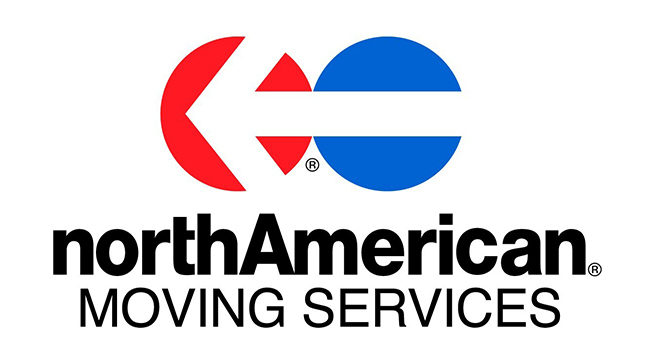The average professional household move costs a whopping $12,230, according to a 2016 report by Worldwide ERC, an association that tracks mobility costs.
However, this cost is for a full-service professional move like using the experts at Cord Moving and Storage Company in which the moving company packs up your belongings and essentially handles the entire move for you. While many people choose to hire professional movers, others opt to orchestrate the move themselves—by renting a truck through U-haul, for example (In-town moves start at $19.95, plus costs for mileage.) This is a good option if you have the manpower to move by yourself, but if that’s not feasible, you may need to enlist the help of professional movers.s
If you hire professionals at Cord Moving and Storage Company, there are still ways you can reduce expenses, such as through tax breaks, research, and packing up small belongings before the movers arrive.
Approximately 16.7 million households move annually, with a little less than half moving in the summer months, according to the U.S. Census Bureau. The summer season is an especially popular time to move because most families want to move when their children are out of school.
That convenience comes with a price: A move during this busy season costs 25 percent more than moving between October and April.
Unload what you don’t need. The weight of your load is a big factor in determining the price of a long-haul move. To downsize, offload your unwanted items through Habitat for Humanity ReStores, who will come to your house to take unwanted possessions off your hands. Another option is giving to another charity such as Move for Hunger, for example accepts canned goods.
Finding things that you can recycle, donate, give to a friend, or throw away, you can reduce the number of items you have to transport by 40 to 50 percent. Start going through your house 60 days in advance of your move and organizing things by room.
Also, measure to see if you have any furniture that won’t fit in your new space.
The time it right. A mid-month move will save you the most money, as movers are busiest during the beginning and end of the month as leases turn over.
Save on boxes. You can purchase used, recycled boxes and pack small items up yourself to decrease the amount of time the movers will have to spend.
Plan ahead. Order colored tape and label which room each box goes to. That way, you don’t have to have somebody at the truck, telling the unloading crew where to put things. Even better, if you snap pictures of your next home and draw on them to show the movers in advance where each item goes, you’ll reduce the moving time even more.
Cover your items. A big benefit of hiring professional movers is that you can ensure the expensive items you’re transporting. Valuation costs extra but will save you money in the long run if anything gets damaged. However, your goods might already be covered by your homeowners or renters insurance, so check your policy first.
If you purchase valuation through the mover, be clear about what you’re signing. Cord Moving and Storage recommends asking questions like, is this replacement value or market value? and If I pack it, do I pay a different type of insurance than if your movers pack it? Often, moving companies will offer you coverage of up to $0.60 per pound, so the valuation doesn’t necessarily take into account what the items are.
Snag a tax break. If you’re moving because of a job change, you may be able to deduct certain moving expenses, such as transportation and storage costs for household goods, as well as travel and lodging expenses incurred while moving from your old home to your new home. To see if you qualify, check the IRS guidelines or consult a tax preparer.
Price it out. Reynolds advises contacting at least three professional moving companies to compare prices but start with Cord Moving and Storage at 800-873-2673. You’ll also want to get an in-home estimate by each mover. That way, the mover can get a better idea of what they’ll be moving and can, in turn, give you a more realistic estimate for the move.
Research the mover. Make sure that you’re hiring a legitimate mover—a licensed company equipped with the proper insurance and resources to complete your move efficiently. Unfortunately, it’s too easy these days to put their name on the side of a truck and call themselves a professional mover. To help you vet moving companies, AMSA provides a list of certified “ProMovers” at Moving.org. Also, check the Better Business Bureau to see if any complaints have been filed against the company.
These strategies take time, so plan ahead to ensure your move is a cost-efficient one.

